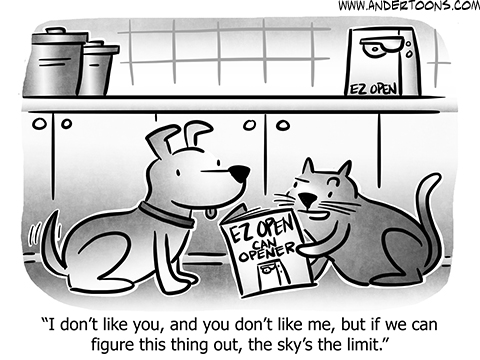
4499 Wellington Rd S London, Ontario N6E 2Z8
Providing complete veterinary needs in London & South London, ON and surrounding areas…



Spay and Neuter FAQ
London, ON Veterinarian Answers Top 6 Spay and Neuter Questions
Are you thinking about spaying or neutering your pet? While spay and neuter operations are considered to be a standard wellness procedure, we believe that any elective surgery, no matter how routine, should not be undertaken lightly. To help you learn more about spay and neuter surgery, including the benefits of this procedure, our London ON veterinarian has answered six of your most frequently asked questions:
Call us today to schedule your pet’s spay or neuter procedure.

4499 Wellington Rd S
London, Ontario N6E 2Z8
519-681-4377
Also serving South London, ON and surrounding areas.
Friday 9am - 2pm (private clinic for Health Plan Members)
Saturday & Sunday Closed



Recent Posts
-
Senior Cat Care
May 15Have you noticed your kitty slowing down recently? Cats are adorable and cuddly at any age, but they grow even more charming as they get older. While kitties are known … Read More »
-
Tips for Pet Owners: Preparing Fido And Fluffy for Disasters
May 01In Canada, the first week of May is dedicated to Disaster Preparedness Week. This awareness event is targeted towards people, but it is also incredibly relevant to pets. It goes … Read More »
-
Keeping An Older Dog Active
Apr 15Is your canine companion starting to slow down a bit? Fido may have started going grey around the muzzle. Or perhaps you’ve noticed that he just isn’t as interested in … Read More »


